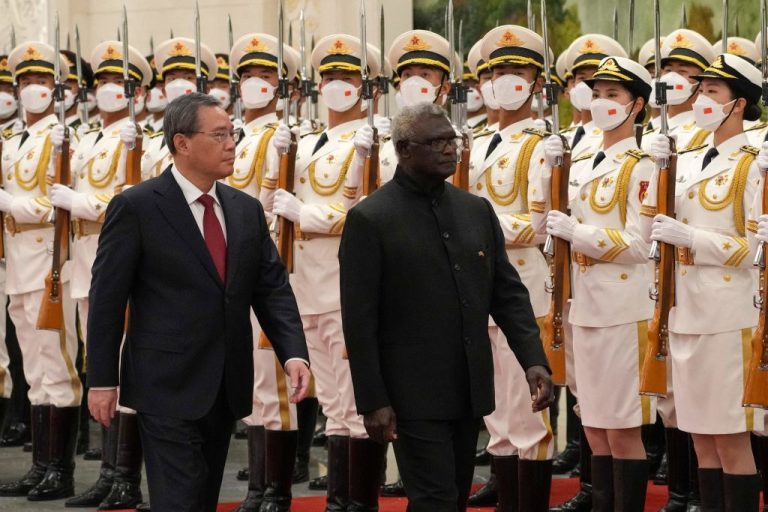In a significant development that underscores the evolving geopolitics of the Pacific Islands, China’s President Xi Jinping and Prime Minister Manasseh Sogavare of the Solomon Islands announced on July 10 the initiation of a comprehensive strategic partnership between the two nations.
The event takes place one year after Beijing brokered a security agreement with the Solomons, triggering the United States and its allies to counterbalance Beijing’s burgeoning influence in this strategically-important region.
The partnership comes on the heels of Sogavare’s trip to Beijing on July 9, where he met with China’s new premier Li Qiang. The encounter culminated in the signing of several new agreements encompassing areas of police collaboration, economic development, and technical cooperation.
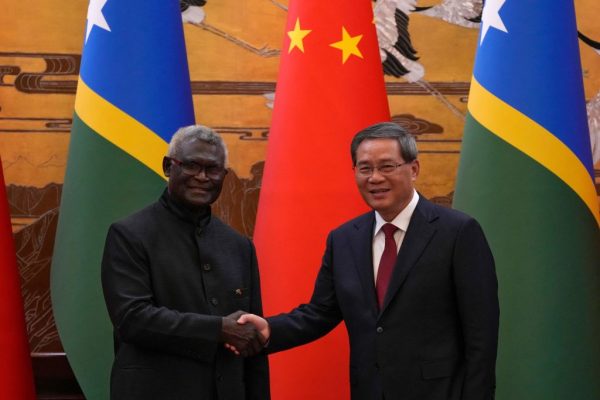
MORE ON THE SOLOMON ISLANDS:
- 3 Key Factors Behind the Solomon Islands Anti-China Riots
- Solomon Islands Under Western Pressure to Scrap Security Deal With China
- Following Confirmed Security Deal, Leaked File Reveals China Intended to Build Naval Base in the Solomon Islands
- Japan Joins Australia and New Zealand in Protest Over China-Solomon Islands’ Security Pact
In the aftermath of the signing ceremony, Sogavare voiced his intentions to Li, remarking, “We are here to further boost relations,” a statement made more profound by a Chinese military band playing the national anthem of the Solomon Islands.
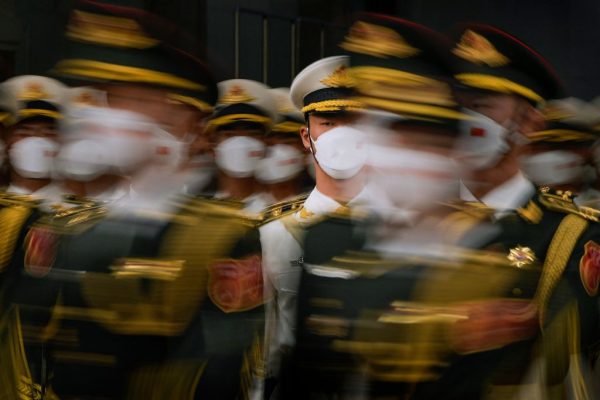
Shifting gears
The Solomon Islands — located approximately 2,000 kilometers (about 1,242 miles) northeast of Australia — have become a notable achievement for China in its strategic endeavor to bolster its footprint and political prowess in the South Pacific region.
Success
You are now signed up for our newsletter
Success
Check your email to complete sign up
Though the Solomon Islands’ government was met with significant resistance, with droves of people igniting riots and protests over its decision to side with China, a pivotal moment came in 2019 when the island nation altered its official recognition from Taiwan to Beijing.
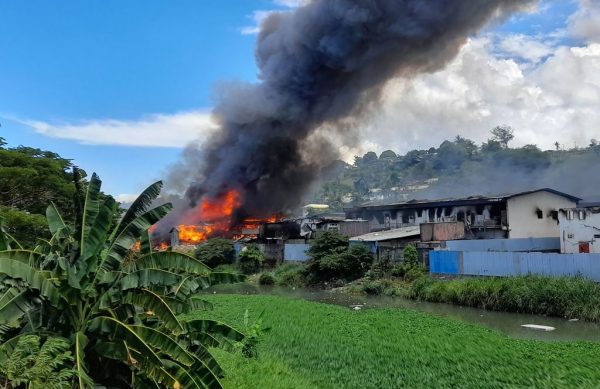
The mainland Chinese regime claims Taiwan as a rightful part of its territory and has vowed to retake the island by any means necessary, even if that means a military invasion. Since Beijing does not recognize an independent Taiwan, it insists that any country wishing to pursue diplomatic relations with it must first break official ties with Taipei under its One-China principle.
“Solomon Islands, sir, has a lot to learn from China’s development experience,” stated Sogavare during his meeting with Li, highlighting the basis of their expanding relationship.
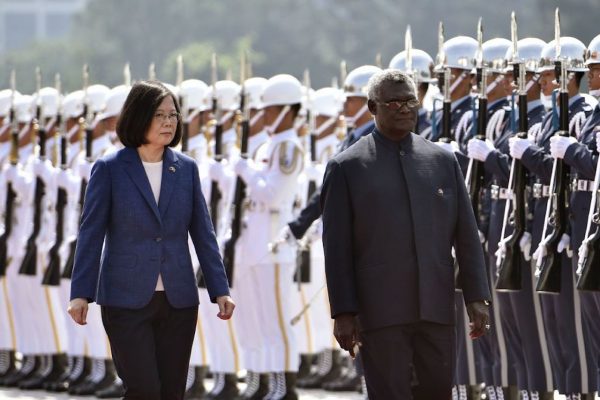
Solidifying ties
Premier Li further solidified this sentiment by acknowledging, “The two governments have decided to establish a comprehensive strategic partnership of mutual respect and common development.” He also stressed that the relationship between China and the Solomon Islands has seen significant advancement, noting how developments and talks between the two nations have been “very fruitful.”
The unfolding events in the Pacific Islands region are indicative of the escalating geopolitical rivalry between the U.S. and China — both of which are eager to establish and maintain their influence in the region.
A testament to China’s commitment to this objective was visible when Chinese Foreign Minister Wang Yi embarked on a comprehensive 10-day tour to visit eight Pacific nations in May 2022, which included Samoa, Fiji, Vanuatu, Kiribati, Tonga, Papua New Guinea, and East Timor.
MORE ON THIS: China’s Foreign Minister Begins Pacific Tour of the Solomon Islands and Surrounding Countries
US on high alert
In reaction to these developments, the U.S. announced plans to reinstate an embassy in the Solomon Islands — with President Joe Biden assembling a summit of Pacific Island leaders in September 2022. This summit introduced a multifaceted strategy that included issues related to climate change, maritime security, and efforts to prevent overfishing.
Biden further pledged a substantial $810 million in aid for Pacific Island nations over the next decade — $130 million of which is specifically targeted at combating the impact of climate change in the region.
U.S. authorities have expressed growing concerns when China publicly disclosed that it had entered a comprehensive security pact with the Solomon Islands in April 2022. Although the specifics of the agreement remain undisclosed, a leaked draft suggested that China had been deploying troops to the Pacific nation and beefing up its presence in the region.
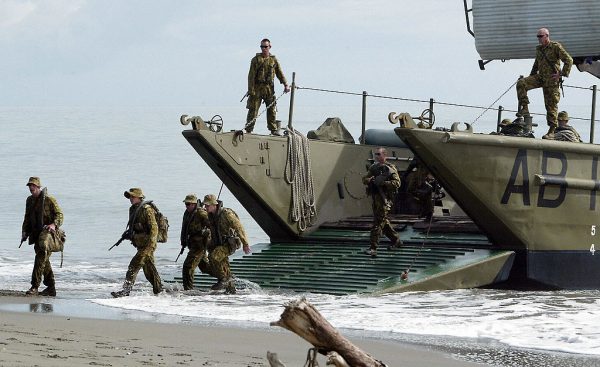
This created apprehension among some sectors of society and the West — giving rise to the fear of the Chinese regime establishing a military base in the archipelago — a region that saw intense fighting during World War II. However, Premier Sogavare has persistently asserted that he has no intention of permitting China to construct a military base in his country.
“It will not be in the interest of Solomon Islands to host any naval or military base of any country, because that will immediately make Solomon Islands a military target for other countries,” Sogavare said on April 6, according to The Solomon Times. Sogavare has also repeatedly reassured that his country would never host any foreign military base as long as he was president.
Chinese foreign ministry spokesman Wang Yi echoed Sogavare’s claims, calling such concerns “groundless and ill-intentioned.”



